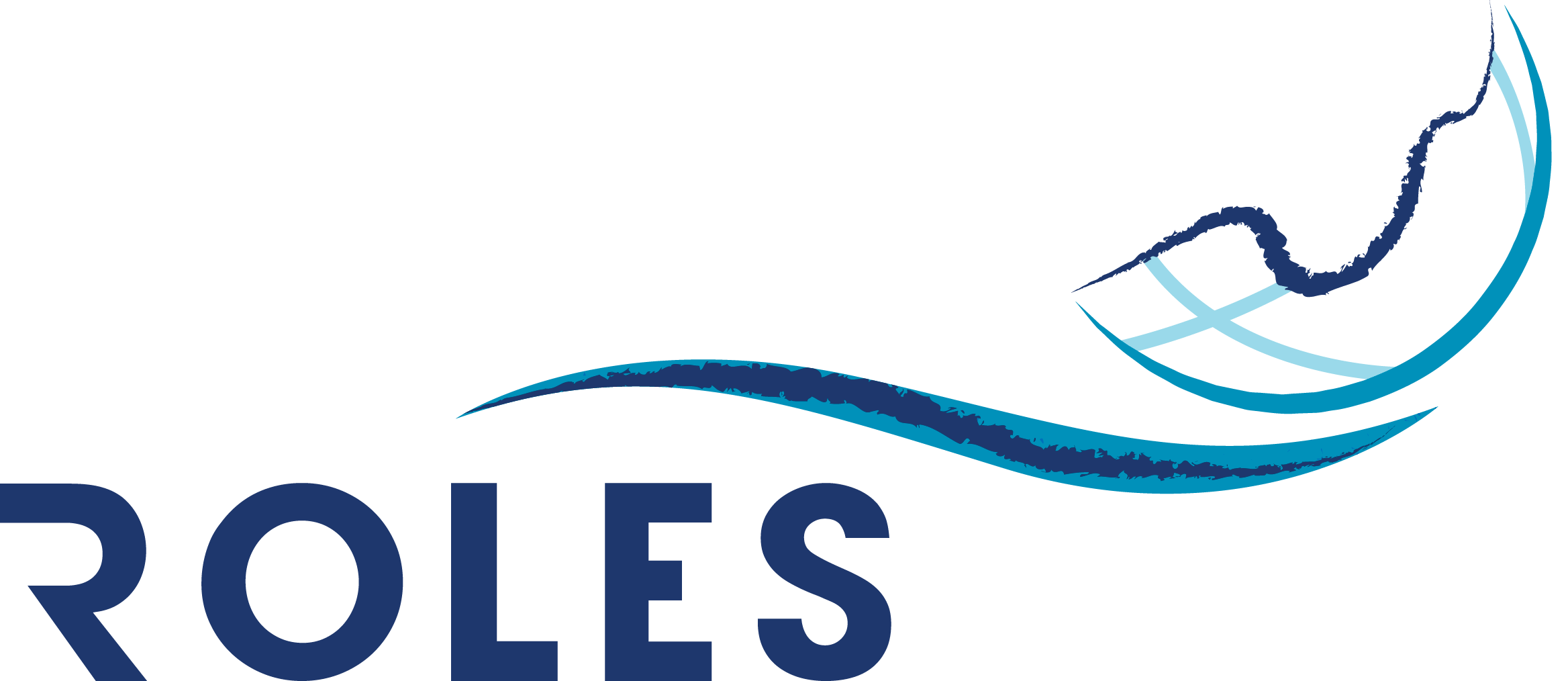Seminar
Israel Month | International Webinar #1: Israel and Japan in the New World Order
* Date: Thursday, February 17, 2022, 16:00-17:15 Japan Time (9:00-10:15 Israel Time)
* Venue: Zoom
* Language: English/Japanese simultaneous interpretation will be provided
* Registration: No charge. Advance registration required
* This webinar is the opening event of the "Israel Month @UTokyo Komaba Research Campus."
For more information, please click here
Israel and Japan in the New World Order
The Year 2022 marks the 70th anniversary of the establishment of diplomatic relations between Israel and Japan. Despite the COVID-19 restrictions, the economic relationship between Israel and Japan has continued to deepen over the past year. In addition to the recent economic ties between the two countries, and the following the recent global and regional development, such as China’s growing power and the Abraham Accords in 2020, what is the change and continuity in Israel-Japan relations? What are the next steps?
For more information, please click here
Israel and Japan in the New World Order
The Year 2022 marks the 70th anniversary of the establishment of diplomatic relations between Israel and Japan. Despite the COVID-19 restrictions, the economic relationship between Israel and Japan has continued to deepen over the past year. In addition to the recent economic ties between the two countries, and the following the recent global and regional development, such as China’s growing power and the Abraham Accords in 2020, what is the change and continuity in Israel-Japan relations? What are the next steps?
At this webinar, Prof. Nissim Otmazgin, a renowned expert in Japanese studies from the Hebrew University of Jerusalem, will provide a unique insight into the evolving relationship between Israel and Japan. Furthermore, this webinar will address certain issues related to the past, present and future of the relationship between the two countries.
Opening Remarks
Opening Remarks
Opening Remarks by H.E. Mr. Gilad Cohen, Ambassador of Israel to Japan

Speakers
Professor Nissim Otmazgin, Dean, Faculty of Humanities, Hebrew University of Jerusalem
Commentator: Professor Akifumi Ikeda, President, Toyo Eiwa University
Moderator and Commentator: Satoshi Ikeuchi, Professor of Religion and Global Security, RCAST and the Head of ROLES (RCAST Open Laboratory for Emergence Strategies), the University of Tokyo

Prof. Nissim Otmazgin
Prof. Nissim Otmazgin is the Dean of the Faculty of Humanities at the Hebrew University of Jerusalem. His PhD dissertation (Kyoto University, 2007), which examines Japan’s relations with Southeast Asia, won the Iue Asia Pacific Research Prize in October 2007 for outstanding dissertation on society and culture in Asia. As a part of this research, he conducted extensive fieldwork in Hong Kong, Singapore, Shanghai, Bangkok, and Seoul. He is the author/editor of 8 books on contemporary culture and politics in Asia.
Commentator: Prof. Akifumi Ikeda
Professor Akifumi Ikeda is the President of Toyo Eiwa University. Professor Ikeda has published numerous papers on Israeli politics, civil-military relations and international relations in the Middle East.
Moderator/Commentator: Prof. Satoshi Ikeuchi
Satoshi Ikeuchi is a Professor of Religion and Global Security at the Research Center for Advanced Science and Technology (RCAST) of the University of Tokyo and the Head of ROLES (RCAST Open Laboratory for Emergence Strategies). Professor Ikeuchi has published extensively on Middle East politics, Islamic political thought and global security challenges.
---
* “Israel Month @UTokyo Komaba Research Campus” is organized by ROLES (RCAST Open Laboratory for Emergence Strategies) of the University of Tokyo and supported by the Embassy of Israel in Japan.
* Contact Information: Division of Religion and Global Security (Ikeuchi Laboratory) of RCAST, the University of Tokyo: office@me.rcast.u-tokyo.ac.jp
---
ROLES (RCAST Open Laboratory for Emergence Strategies) of the University of Tokyo with the support of the Embassy of Israel in Japan, has organized “Israel Week” in 2021. The Year 2022 marks the 70th anniversary of the establishment of diplomatic relations between Israel and Japan. With great pleasure, this year’s "Israel Month @UTokyo Komaba Research Campus" event will feature a series of webinars on the latest trends and developments in Israel and their impact on Japan-Israel relations. The webinars in this framework will cover a broad range of topics, including recent developments in relation between Japan and Israel, Israel and the Arab countries, Greentech and climate change technologies, the impact of blockchain technology on policies, and how Earth Science grasps the global warming. A series of virtual seminars and lectures on Jewish thought and other religious traditions are to be held on this occasion inviting leading scholars from Israel.
"Israel Month” aims to provide an international forum for the exchange of ideas and inspiration from researchers and experts across different fields, and to seek opportunities for collaboration among the participants from academia, NPOs, industry, and the public sector.

Related Events
2026.02.04 (Wed.)
Seminar
2025.12.19 (Fri.)
Seminar
2025.12.19 (Fri.)
Seminar
2025.12.05 (Fri.)
Seminar
2025.10.30 (Thu.)
Seminar
